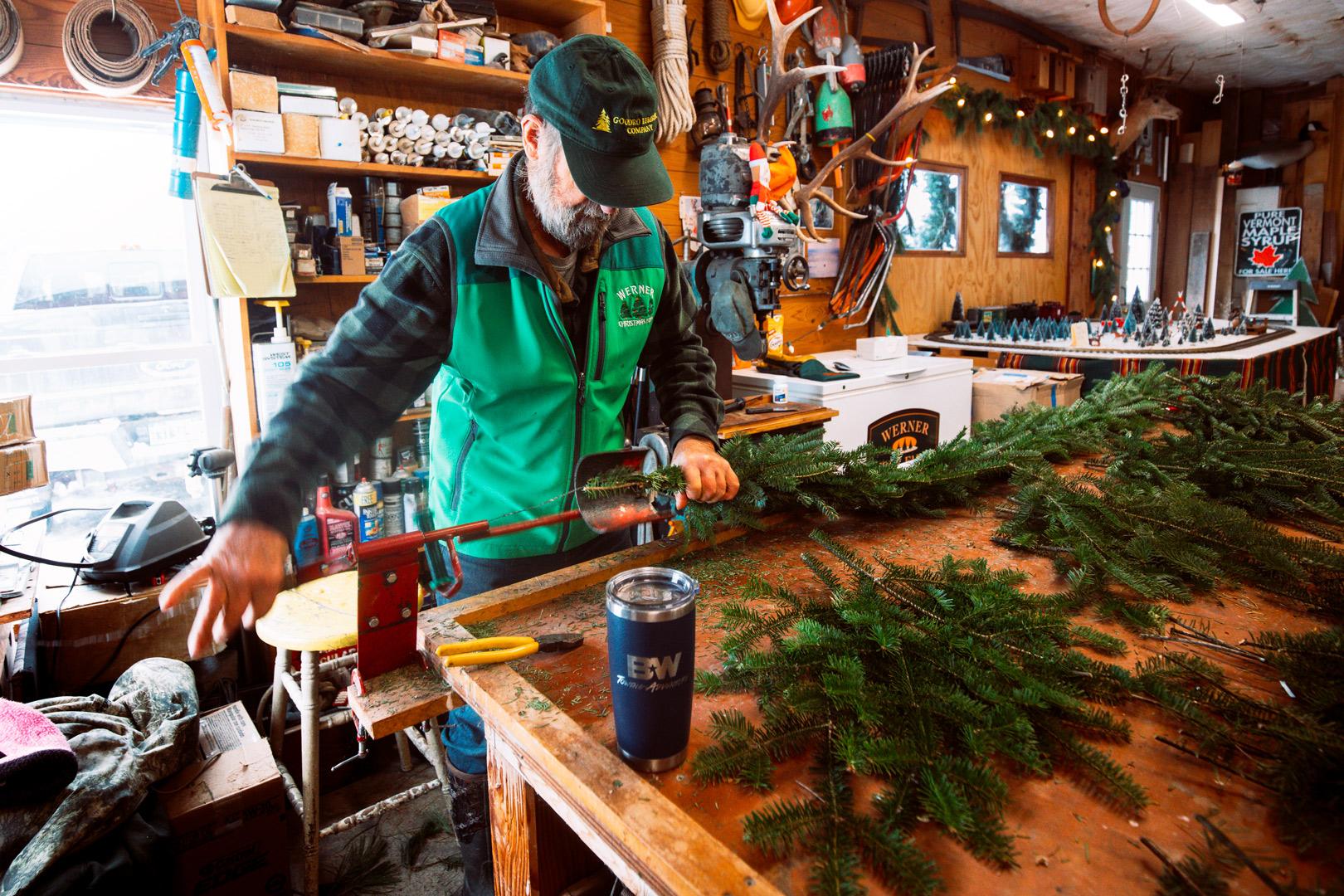In 1971, Fred Werner moved from Rochester, New York to a parcel of land in Vermont. Renowned within his family for his remarkable green thumb, Fred would spend a substantial part of his days tending the land and indulging in his favorite hobby, cultivating trees. As the seasons passed, his property flourished with a diverse array, including maples, birches, and pines.
Fast forward to 1980, Fred presented 13 pine saplings to his son David and daughter-in-law Cheryl, who had settled down just next door. The gift marked the start of a new chapter for the Werners, turning Fred's hobby and passion into a shared family endeavor.
The Scotch Pines, coupled with Fred's lifetime of arboreal knowledge, became the cornerstone of a burgeoning family trade: raising Christmas trees.
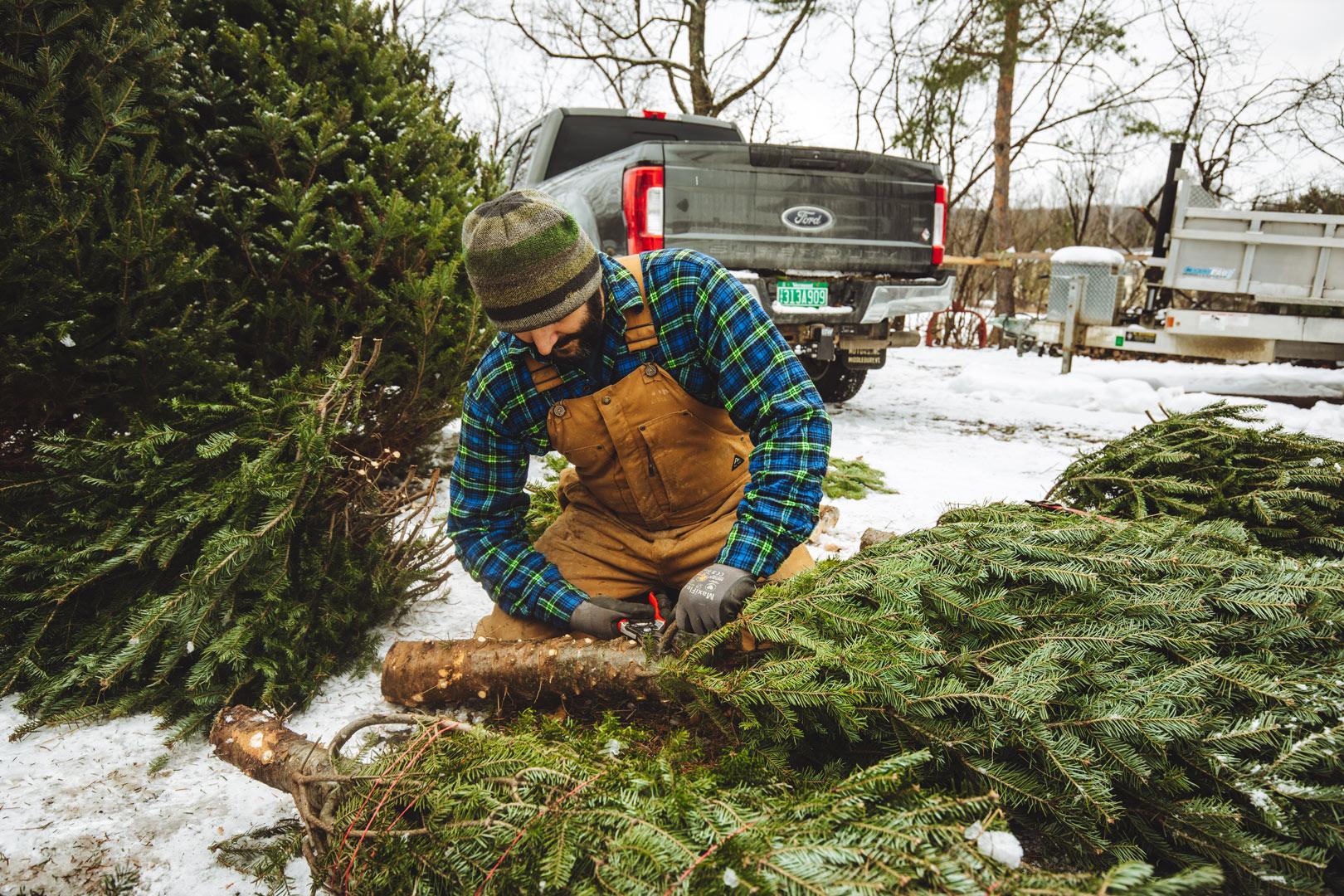
Today, the Werner Tree Farm stands as a thriving family business. Spanning 36 acres and boasting around 20,000 trees of various species, David, Cheryl, and their children have worked tirelessly to build on to Fred's legacy.
Over the years, the family has broadened the farm's repertoire, introducing an array of products and crops. These additions comprise of handmade wreaths and garlands, wood-fired Vermont maple syrup, fresh honey, spun yarn sourced from their Shropshire sheep, and cut hay from their fields. A multifaceted operation and testament to the family's unwavering commitment and hard work.
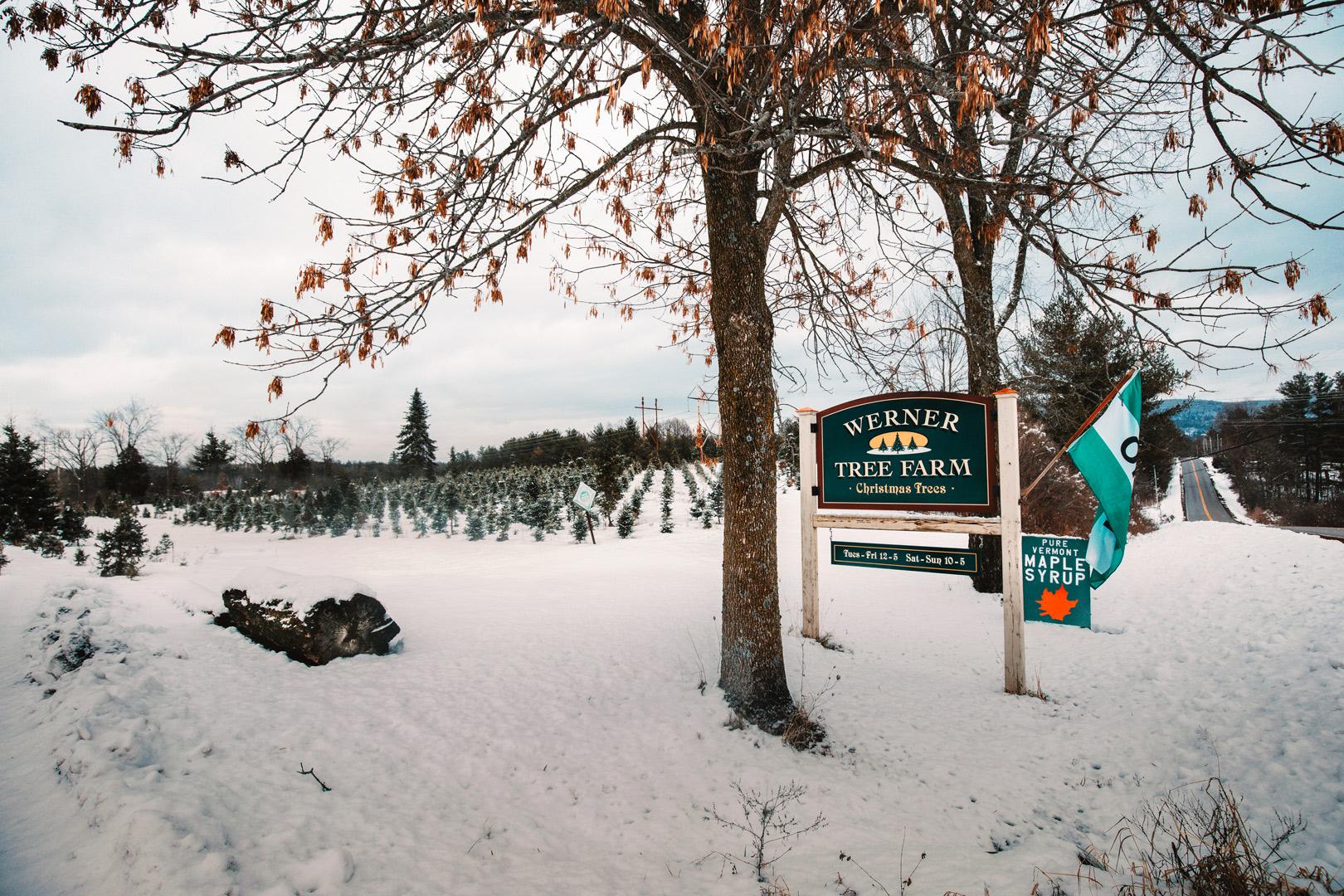
The farm is a year-round labor of love. During spring and early summer, the focus is on planting saplings, bridging gaps left by the winter harvest. As late summer transitions into early fall, the family visits the tree rows, shears in hand, to shape each tree. As November approaches, David's woodworking shop becomes the Christmas Shop, heralding the start of the festive season that defines their lives for the weeks leading up to the holidays.
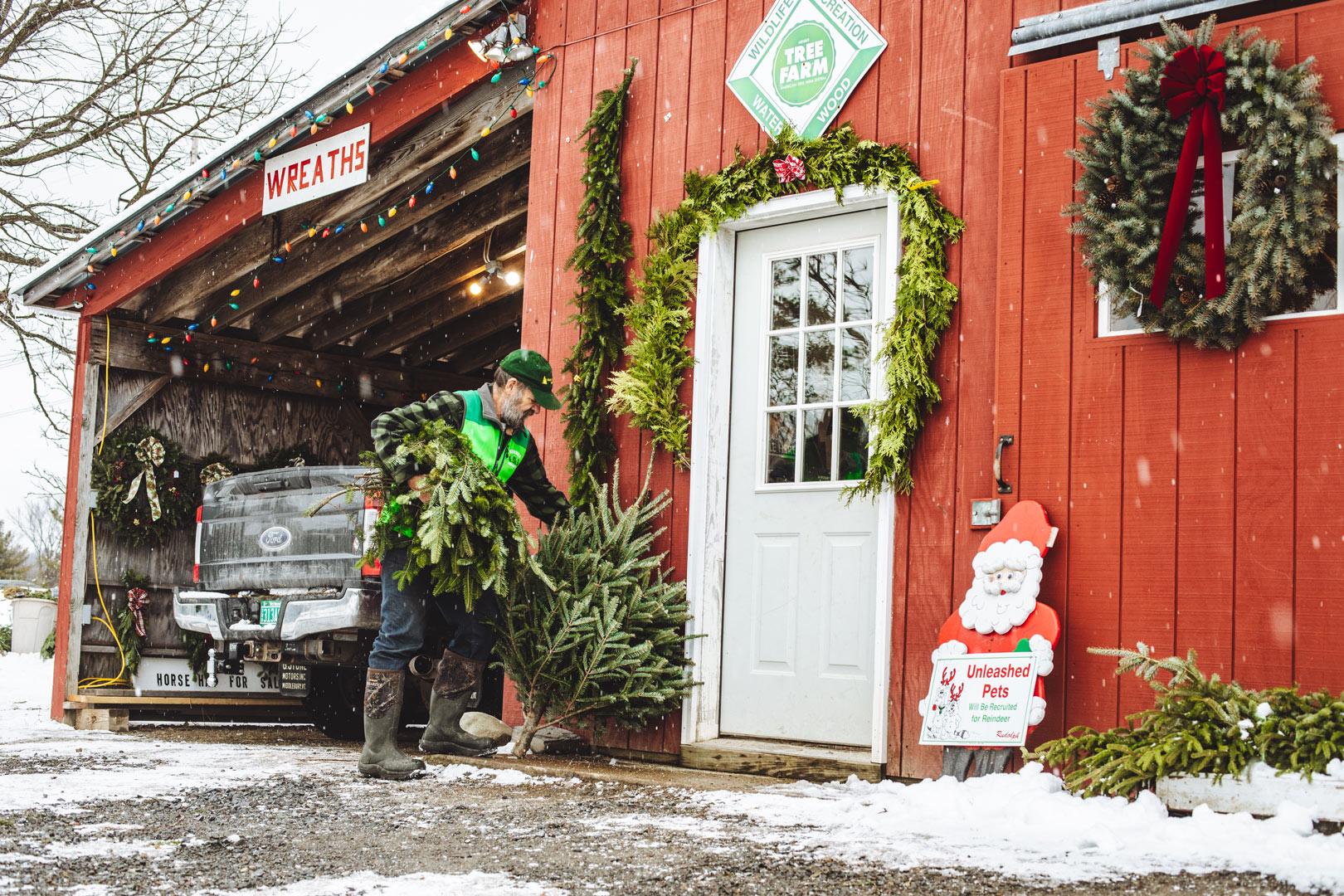
Along with continuing Fred's love for cultivating trees, the family has actively embraced and advocated for farming methods that would not only benefit their household and the farm but also contribute positively to the well-being of their local ecosystems.

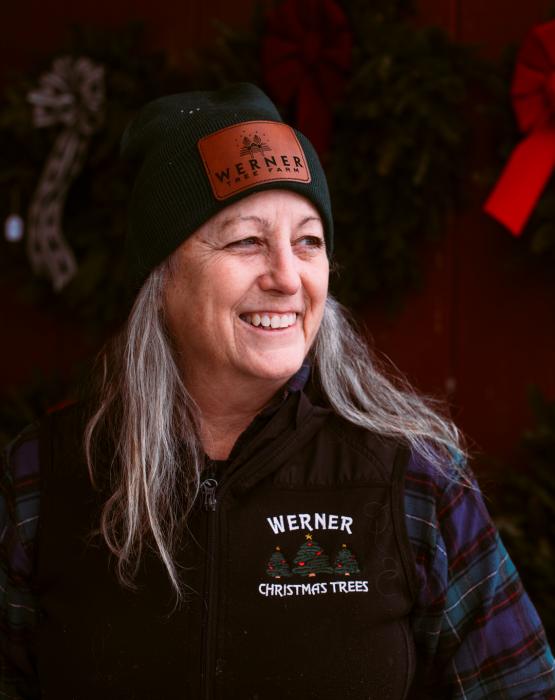
By introducing beehives, they wished to help fortify their local pollinator population. The maple trees, also known as sugarbushes, not only serve as a sustainable wood source but also contribute to forest diversity. In return, the farm added a sweet touch to its offerings in the form of fresh honey and maple syrup products.
Producing cut hay helps to keep the meadows open, ultimately benefiting the Christmas trees by allowing them ample light to grow.
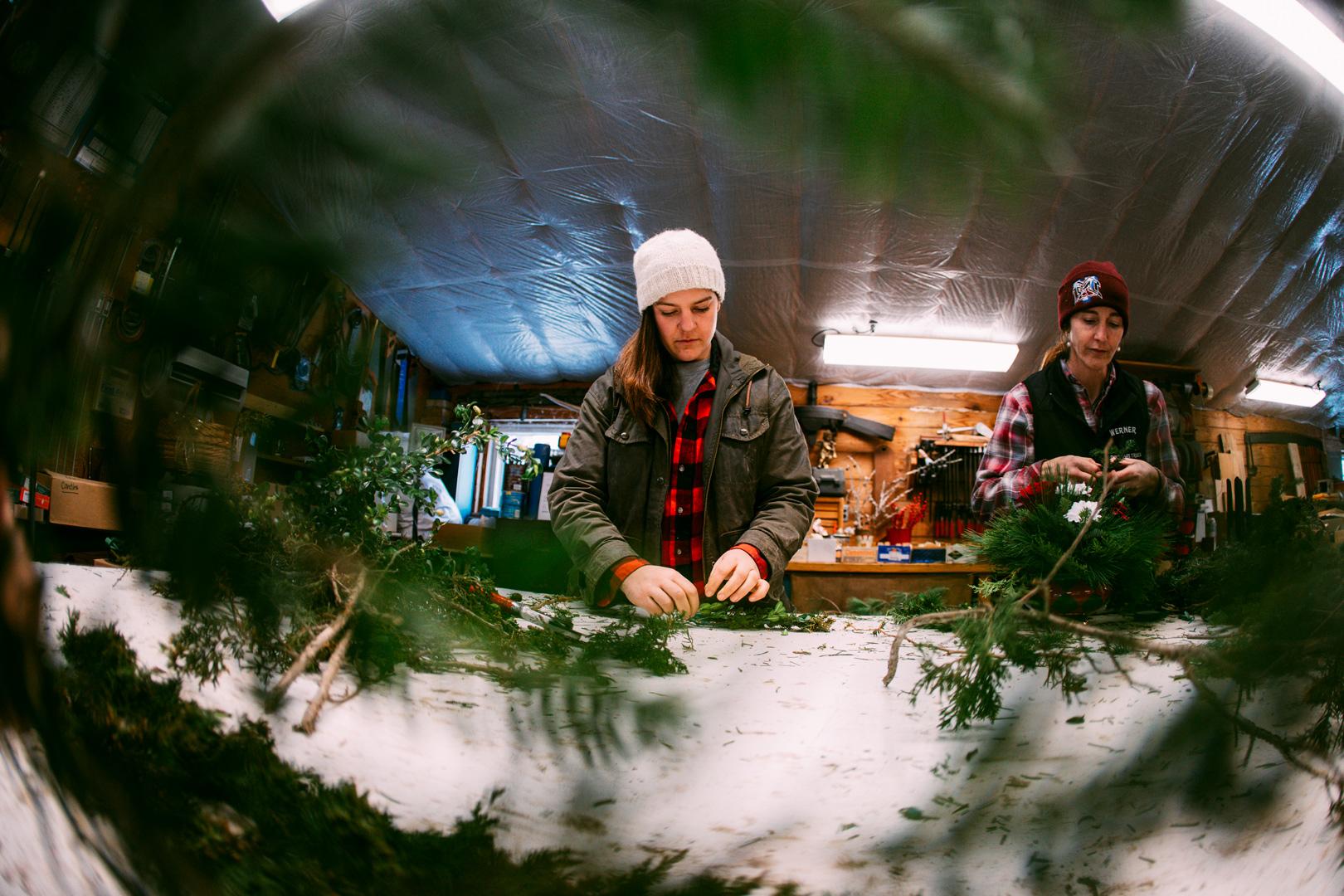
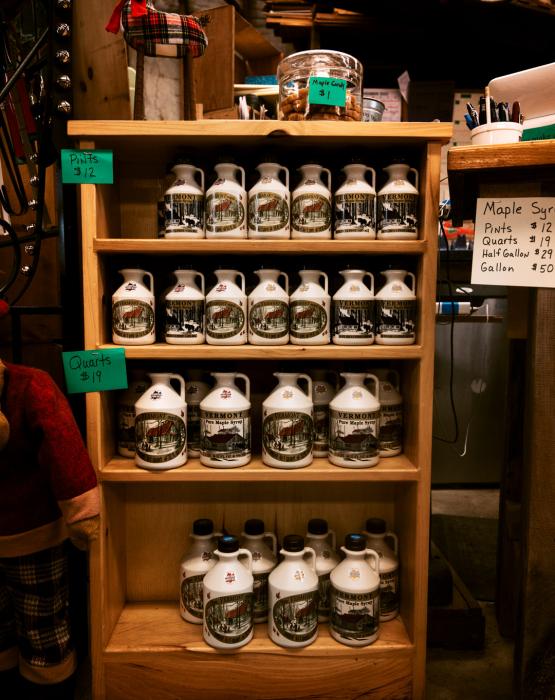
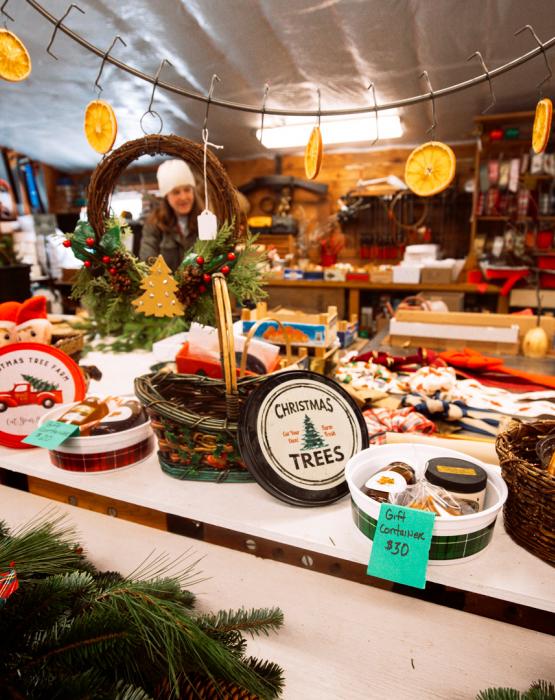
Over the last several years, the Werner Farm welcomed a small herd of Shropshire sheep into its fold. Known for their wool, meat, and for being notoriously picky eaters, the breed was introduced specifically to graze amidst the Christmas trees. Since their arrival, the sheep have helped reduce the need for mowing, serving as the farm’s natural weed control and contributing wool for yarn production.
In a notable recent development, the farm embraced solar energy, moving toward maintaining a sustainable and environmentally friendly power source.
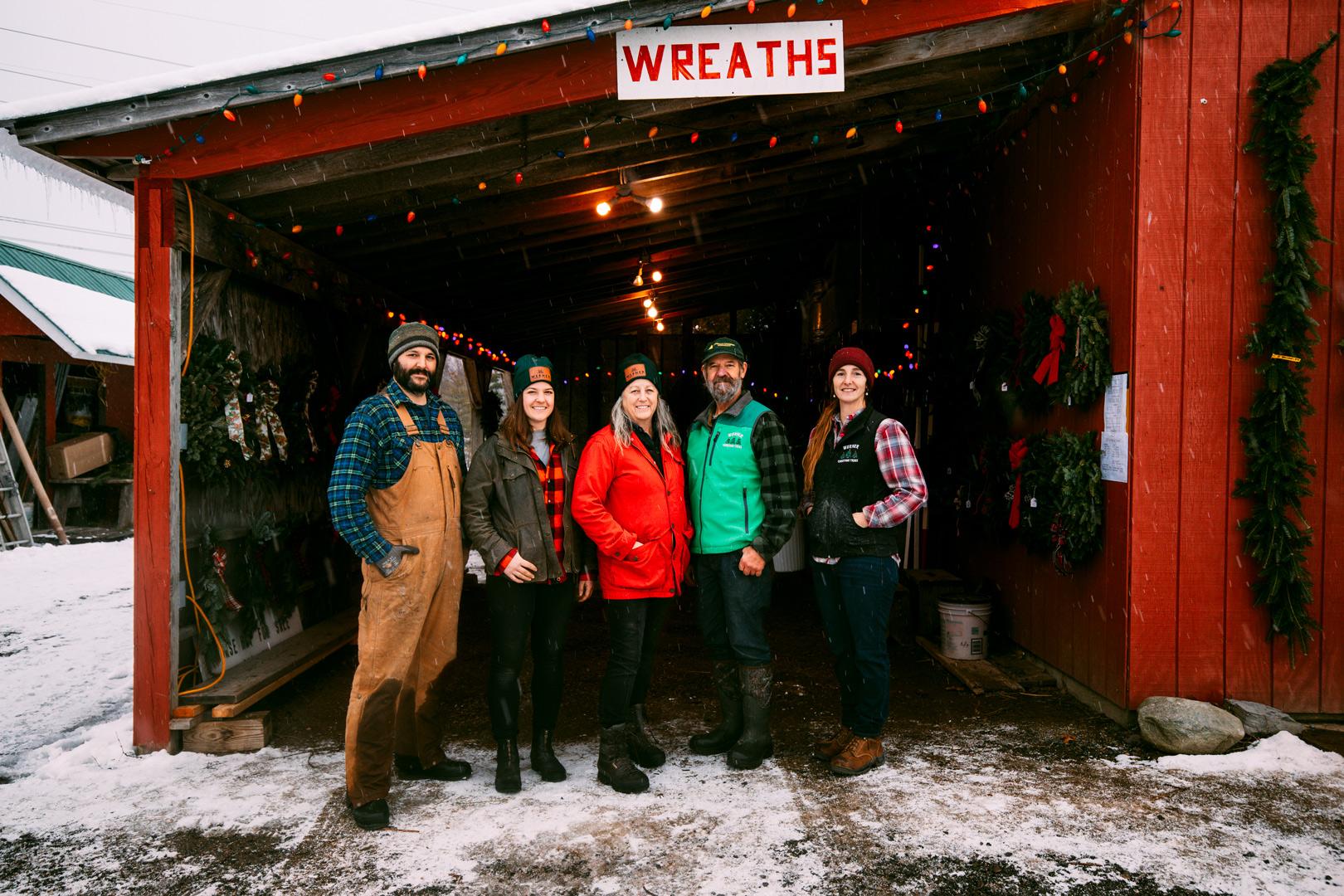
As the Werner family looks toward the farm's future, one thing is certain – their shared dedication will ensure the continuous growth of both the trees and the farm. More than just a destination for the ideal holiday centerpiece, the Werner Tree Farm stands as a testament to the enduring traditions of family, farming, and the festive spirit of the season.
Check them out on wernertreefarm.com or keep up with their current updates via social media. Follow @wernertreefarm on Facebook or on Instagram.
